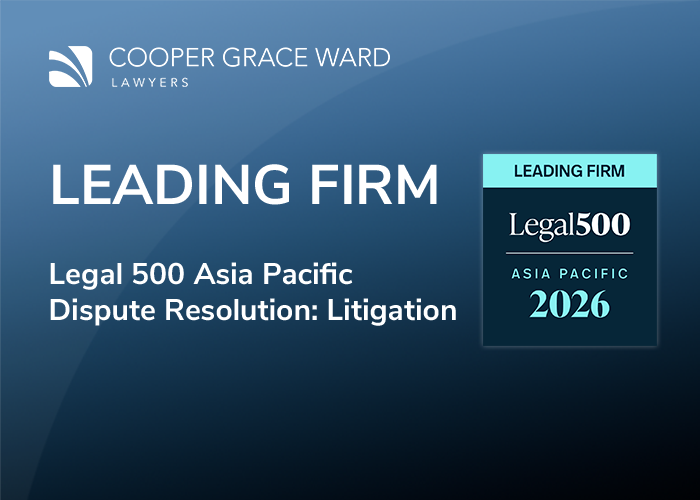The Fair Work Commission Expert Panel is required to conduct and complete a review of the national minimum wage and minimum wages in modern awards each financial year.
On 31 May 2016, the Panel completed the review and ruled to increase the national minimum wage and award classifications.
For award covered employees, the award classifications will increase by 2.4% with weekly wages to be rounded to the nearest 10 cents. The national minimum wage will increase to $672.70 per week or $17.70 per hour.
The increases will apply from 1 July 2016.
In determining to increase the national minimum wage and award classifications, the Panel considered the following factors;
- The economic environment has improved and labour market conditions are stronger.
- Inflation and wage growth are at historically low levels.
- Company profits in the non-mining sectors grew in 2015.
- The outlook for the Australian economy remains generally positive.
- The relative position of minimum wage reliant employees has deteriorated over the past decade and many of these employees live in very low income households and have lower living standards than other employees.
- Women are over-represented in the minimum wage reliant employees sector and an increase to the minimum wage will move towards decreasing the gender pay gap.
The Fair Work Commission is in the process of formally updating the modern award classifications. It is anticipated that the updated modern awards will be available on the Fair Work Commission website by mid-June 2016.
Employers with award covered employees will need to review the updated modern award classifications to ensure that the minimum wage increases are implemented from 1 July 2016.
Failure to implement the minimum wage increases may result in underpayments to employees, which can result in prosecutions and the imposition of civil penalties by the Fair Work Ombudsman.
Further information
If you have any questions or would like any further information, please contact a member of our team.



